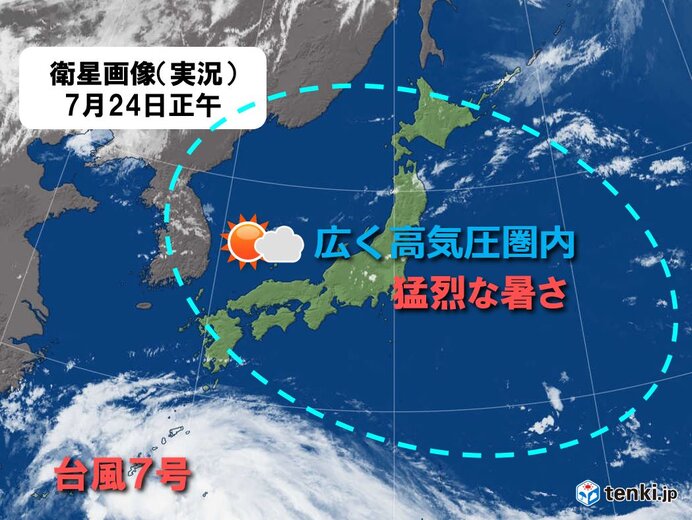Japan marked the end of August with potentially record-breaking temperatures, as the mercury hit 40°C (104°F). The rigorous heatwave was seen across the country, with the high temperature registered on the last day of August. As Japan steps into September, the weather forecasts indicate no signs of immediate cooling down, worrying residents and officials alike as persistent heat could have significant impacts on public health and daily living.
Hot weather and heatwaves in Japan are closely watched as they can significantly affect public health, tourism, and daily activities. There's always a concern about elderly people who are more vulnerable to heat-related illnesses. The high temperatures can also impact agriculture and water supply. Public responses typically involve changes in work schedules, school timings, and increased use of cooling centers.
US and EU also face heatwaves occasionally, but Japan's is unique due to its high population density and lack of central air conditioning in many residential areas. Like in Japan, heatwaves in the US and EU also signal potential health risks, impacts on public services and are often linked to ongoing discussions about climate change.

